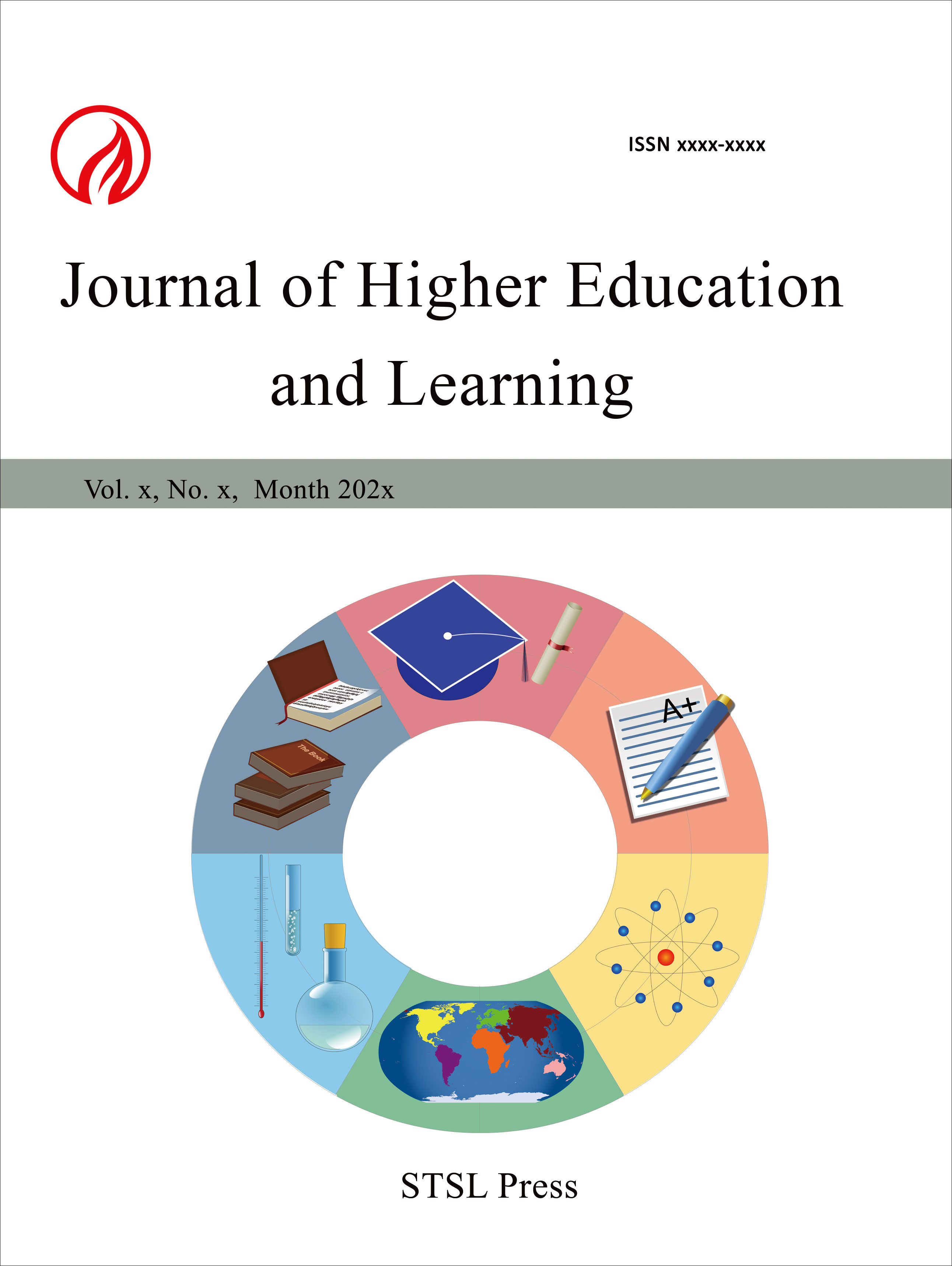Digitalization for Equity and Inclusion: Fostering Sustainability in Education
Abraham Tamukum Tangwe
Jeanne Nizeyumukiza
Abstract
This study examined the potential of digitalization to advance equity, inclusion and the quality of education, while also fostering its sustainability in the education sector. It aims at levelling the playing field of digitalization that enhances social justice in the framework of quality education by examining the question dealing with how digitalization can be harnessed to advance equity, and inclusion in a sustainable way. The study was designed using a descriptive technique, and adopted a qualitative research approach. A semi-structured interview guide was used as a research tool to facilitate the collection of data. The data was collected from two secondary schools that had access to digital facilities. The study respondents were selected using purposive sampling. Four participants were carefully selected, consisting of two females and two males. Two of them were school leaders, and the other two were students. The collected data was subjected to deductive-inductive iterative analysis in order to identify the relevant codes and sub-codes. The analysis of the data yielded findings that indicated that when effectively implemented, digitalization has the potential to bridge educational gaps, thereby providing marginalized and underserved communities with access to high-quality learning resources. The application of digital tools has the potential to facilitate universal access to information, personalize learning experiences and cultivate a sense of community and solidarity among learners. However, the challenges that must be overcome are numerous in order to facilitate equitable and inclusive digital access and space. These include the digital divide and the necessity for teacher training in digital pedagogy, the shortage of ICT teachers, and unequal distribution of facilities. Additionally, students with disabilities are unable to access digital facilities due to the lack of inclusive digital facilities, which limits their ability to learn effectively. Prospectively, in order to fully realize the potential of digitalization in education, it is imperative that policymakers, educators and stakeholders address the issue of the digital divide. This can be achieved by providing inclusive digital facilities, offering teacher training, hiring more ICT teachers and investing in digital infrastructure.
Paper:
pdf
DOI:
https://doi.org/10.71002/jhel.v2n1p19
 This work is licensed under a
Creative Commons Attribution 4.0 License.
This work is licensed under a
Creative Commons Attribution 4.0 License.
Contact us
- Dane Butcher
- jhel@stslpress.org
